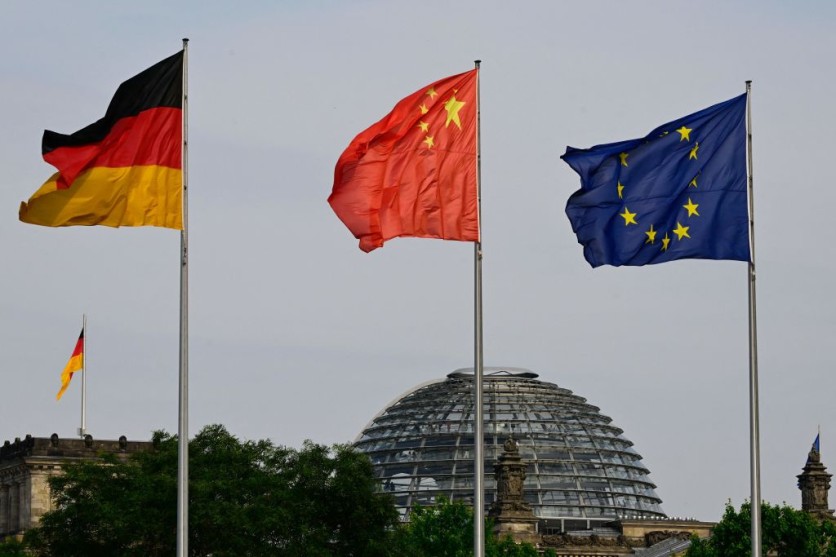The European Union (EU) announced a comprehensive strategy to protect its cutting-edge technology against foreign espionage and economic and security threats, in response to growing criticism and demands to "de-risk" its relations with China.

European Commission Vice President Vera Jourova remarked, "Technology is currently at the heart of geopolitical competition, and the EU wants to be a player, not a playground," according to AP News. The Commission has requested member states to conduct risk assessments of its most vulnerable industries that includes artificial intelligence, quantum technologies, biotechnology, and advanced semiconductor fabrication. These industries will receive the utmost protection because they are "highly likely to present the most sensitive and immediate risks related to technology security and technology leakage."
European Union officials did not single out any one country, but they did call for increased measures to safeguard commercial and financial transactions that may be used to undermine national defense.
Restrictions Applicable Not Only on China
Thierry Breton, the EU's internal market commissioner, emphasized that these restrictions are not directed exclusively at China but aimed to reduce threats from everywhere. He said that the EU wants to de-risk "with everybody, including, if it's needed, some of our like-minded partners."
No obvious next steps have emerged from the risk evaluations. Senior Commission officials support the following three options: promoting domestic alternatives, cooperating with like-minded nations, and guarding against economic risks. The Netherlands barred the export of advanced microprocessor technology to China in the early part of this year as an illustration of the latter.
As part of its economic stability agenda, the EU is developing a foreign direct investment monitoring mechanism. Soon-to-be-released technology will be utilized only for investments with a high risk of sensitive data theft, according to Euronews.
China to Face Sanctions
In related news, the European Commission has opened an official inquiry into China's electric vehicle market.
SCMP reported that the Commission found "sufficient evidence" of Beijing subsidies that might affect the EU industry. The EU may impose import charges on automobiles from China if sufficient proof is presented and if member states back the move.
China was quick to condemn the probe, calling it "naked protectionist behavior" that threatened to destabilize the international automobile supply chain. In response, the EU said it had offered China the chance to participate in talks before beginning its probe.
The investigation will be closely followed as it contributes to the EU's attempts to protect its economic interests amid altering global circumstances.
Related Article : Meta Oversight Board to Tackle Case on Altered Video of Joe Biden Ahead of 2024 Presidential Election

ⓒ 2026 TECHTIMES.com All rights reserved. Do not reproduce without permission.




